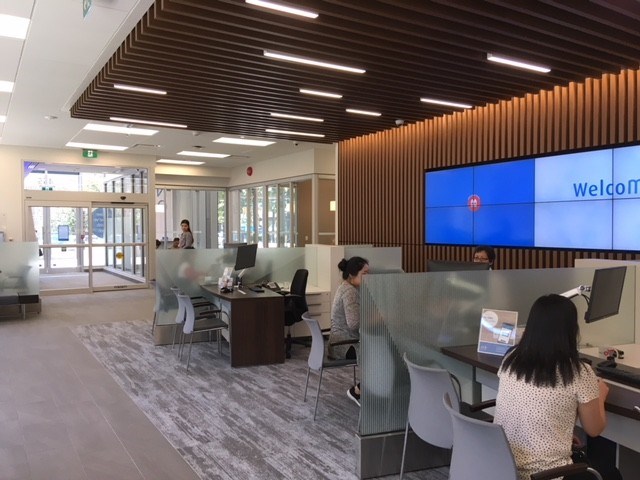The Vancouver housing market is in for a slow-down this year.
An industry that’s still one of the province’s primary economic drivers — and sources for anxiety — is poised to see home sales fall 25.7% in 2017, according to an August 20 forecast from the B.C. Real Estate Association (BCREA).
Despite signs of a slow-down, BMO Financial Group CEO Darryl White remains “net bullish” on the B.C. economy.
“We’re very comfortable with our positioning, we’re very comfortable with our risk,” White told Business in Vancouver in a July meeting, adding B.C. is benefitting from a trifecta of high growth, low unemployment and a solid credit rating.
The BCREA expects Greater Vancouver home sales to contract from 36,604 units sold in 2017 to 27,200 units this year.
The average multiple listing service (MLS) sales price, meanwhile, is expected to inch up 1.9% year over year to $1,050,000.
White said an examination of BMO’s books on the mortgage side of its business shows “a lot of equity in the portfolio.”
“It will continue to be a good business. So really it’s a matter of how quickly does the [mortgage] business grow, more so than is there a bubble of risk in the portfolio.” the CEO said.
Most of the same sentiments were echoed by Mike Bonner, senior vice-president of BMO’s B.C. and Yukon division.
Although he acknowledged a “bit of a retooling” of the mortgage business was underway.
“You can see this coming now for a few years,” Bonner said.
“We’ve recalibrated our business a bit in terms of what our people are doing on the street, in terms of the types of relationships we have. Referral sources, builders, developers. We’ve got a lot of excellent connections. They’ve all adjusted, so we’ve adjusted.”
Ottawa kicked off the year by implementing new mortgage rules on Canada’s big banks.
The rules require lenders to perform a “stress test” of sorts for homebuyers making a down payment of less than 20%.
Economists have pointed to the new rules as one of the reasons behind the market slowdown in Vancouver and Toronto.
But Bonner said the mortgage business isn’t causing the bank concerns.
“Our book is very spread out, very diversified, low leverage. So it allows us to sit back and take a look at to say, ‘We’re comfortable with the market, we’re comfortable with the way people are buying homes,’” he said.
“We’re not a cowboy in the market.”
Meantime, Bonner said BMO is also in the midst of adjusting to customer preferences on the retail side of the business.
The bank has unveiled three so-called “smart branches” in Vancouver and Richmond since the beginning of the year.
The open-concept branches eschew some of the more Kafka-esque signatures of a typical branch like teller booths and roped-off lines. They also measure in at between 2,500 and 3,000 square feet instead of the 5,000 square feet found at other branches.
“People don’t want to stand in a line up,” Bonner said, adding 70% of the banking tasks customers are standing in line for could be done on a digital or automated basis.

So BMO has been dispatching personal banking assistants inside the branches to advise customers on what tasks could be done through mobile or desktop applications and which ones may require further assistance at a desk or an office within the branch.
The automatic banking machines are also more versatile, delivering denominations of $5, $20 or $50.
“But for us it’s not just about having a space that looks cool or is digital. Frankly, it’s all being driven by customer preference,” Bonner said.




